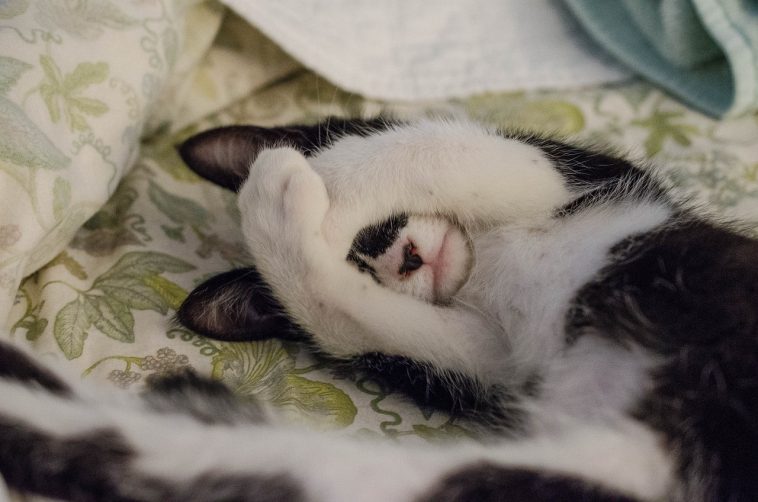Have you ever found your cat fixated on you, giving you an intense stare? It may seem like a challenge, but there are various explanations for your feline’s gaze. Here are the top five reasons why your cat might be staring at you:
- Curiosity: Cats are naturally inquisitive creatures. They’re wired to be alert and aware of their surroundings, especially in unfamiliar situations. Your cat might be observing you simply because they’re interested in your actions or movements.
- Waiting for a Cue or Requesting Something: Cats are excellent learners and are constantly picking up on cues in their environment. For instance, if your cat associates the sound of a can opener with mealtime, they’ll eagerly watch when they hear it. They may also have learned that making eye contact with you results in playtime, petting, or food.
Over time, if you consistently respond to their gaze with positive reinforcement, your cat will continue this behavior to get what they want. - Nonverbal Communication and Emotional Expression: While cats can’t talk in words, they communicate a great deal through body language. Staring is just one facet of their nonverbal repertoire, which includes facial expressions, ear position, and whisker movements. Understanding their overall body language is crucial for interpreting their feelings and needs.
- Relaxation and Contentment: A cat that’s at ease will exhibit relaxed body language. They’ll have slow, steady breathing and may stretch out or fold their paws comfortably. Their ears and whiskers will be in a neutral or slightly forward position. Almond-shaped eyes with thin pupils indicate a contented, calm state.
Additionally, a slow blink from your cat is a sign of trust and affection, showing they feel safe around you. - Fear or Stress: Conversely, if your cat is stressed or frightened, their body language will be noticeably different. They may freeze, hide, or exhibit tense posture. Their ears might be flattened or pulled back, and their tail and limbs will be close to their body.
Dilated pupils and direct, unbreaking eye contact are clear indicators of anxiety. In this state, your cat may resort to defensive behavior, so it’s best to give them space and remove any potential stressors.
Remember, interpreting your cat’s stare involves considering their surroundings and body language as a whole. By paying attention to these cues, you’ll gain insight into what your feline friend is trying to communicate.



